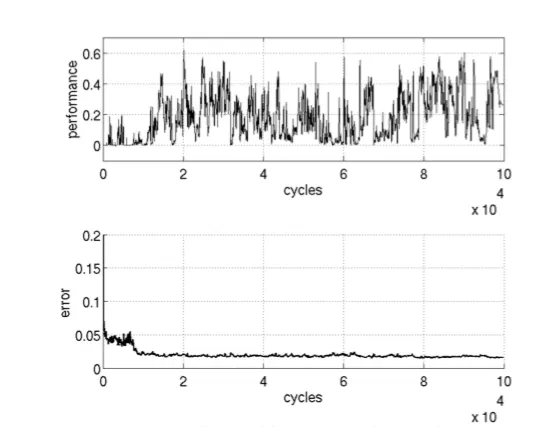Social Learning and Cultural Evolution in Embodied and Situated Agents

Abstract
In this paper we investigate whether social learning or the combination of individual and social learning can provide an adaptive advantage for artificial embodied agents that have to develop behavioural abilities that are too difficult or too costly to be acquired through individual learning. Obtained results demonstrate that social learning provides an adaptive advantage when individuals are allowed to learn socially from experienced individuals and individually. Moreover, the obtained results indicate how the iteration of a social and individual learning through out generations lead to a cumulative cultural evolutionary process in which novelties are integrated with previously developed skills and are successfully transmitted in further generations.
Type
Publication
Acerbi A., Nolfi S. (2007), Social Learning and Cultural Evolution in Embodied and Situated Agents, in Proceedings of the First IEEE Symposium on Artificial Life, IEEE Press, Piscataway, NJ, pp. 333 – 340